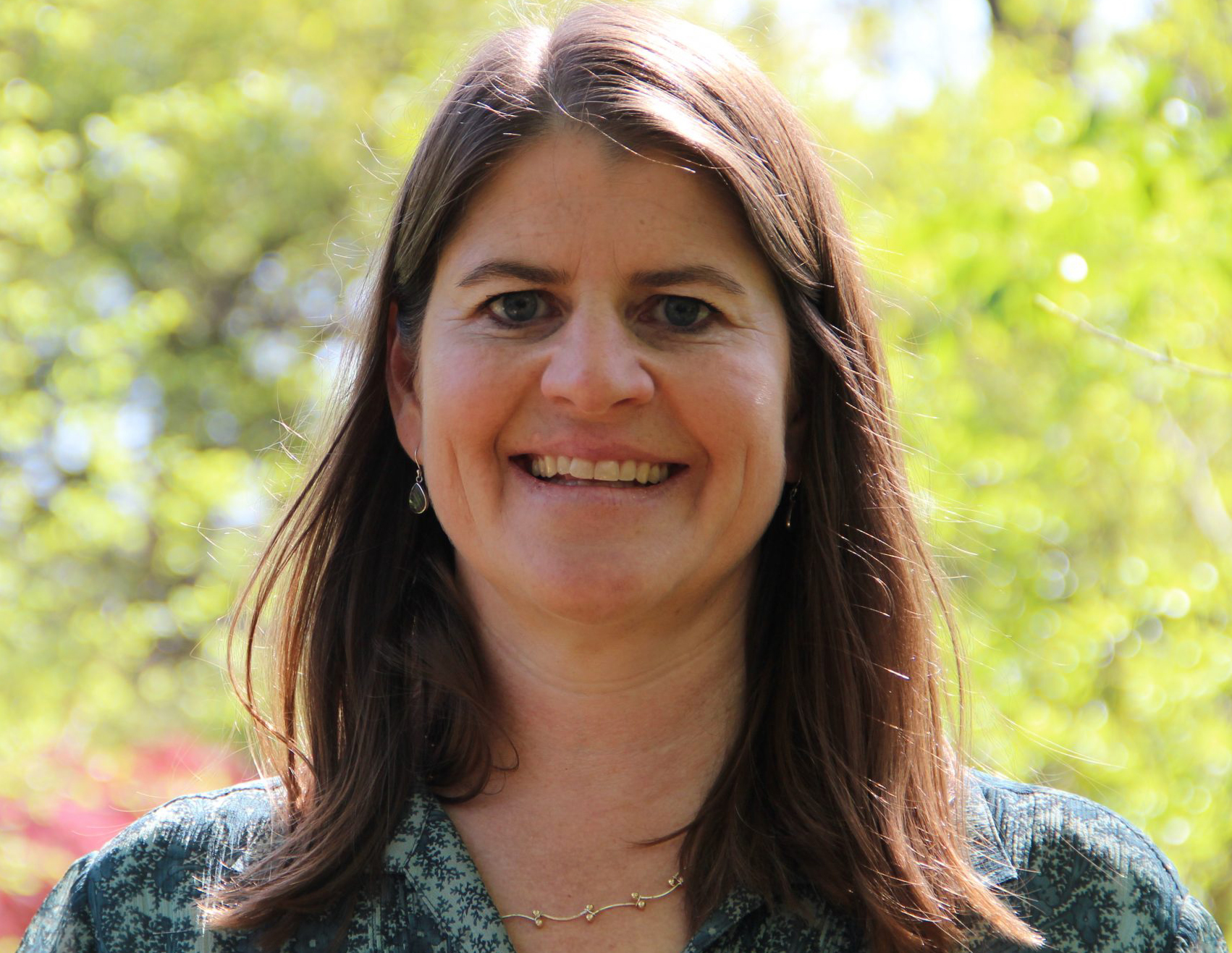Research Interests
American Indians and other Indigenous peoples; Global Indigeneity; bureaucracy and the U.S. Bureau of Indian Affairs; the federal trust responsibility to Indian tribes; federal-tribal relations in the United States; Indigenous land dispossession; colonialism and imperialism; Indigenous language revitalization; violence toward and the oppression and subjugation of Indigenous peoples; land, water, and other natural resources; tribal sovereignty; Indigenous nation building and tribal governance; the multi-continental land back movement, healing, decolonization, and Indigenization; collective Indigenous land ownership; the impact of capitalism on Indigenous peoples.
Specializations
American Indian (or Native American) and Indigenous StudiesResearch Background
I was reared in Oklahoma and am an enrolled citizen of the Choctaw Nation. I am also of documented Chickasaw ancestry. My first single-authored book, Choctaw Nation: A Story of American Indian Resurgence (University of Nebraska Press, 2007), is a story of tribal nation building in the modern era. It is the winner of the North American Indian Prose Award and was a finalist for the Oklahoma Book Award. In this book, I treat nation-building projects as nothing new to the Choctaws, who have responded to a number of hard-hitting assaults on Choctaw sovereignty and nationhood by rebuilding our tribal nation. Drawing on field research, interviews, and archival sources, I explore the struggles and triumphs of our Tribe in building a new government and launching an ambitious program of economic development in the late-twentieth century, achieving a partial restoration of our former glory as a significant political and economic presence in what is now the United States.
My second single-authored book, Native Agency: Indians in the Bureau of Indian Affairs (University of Minnesota Press, 2022) is based on 16 months of fieldwork I conducted at the BIA’s headquarters and at the reservation level. The book won the National Book Award of the Labriola Center, which, the award states, “is for the best scholarship for advancing the field of American Indian and Indigenous studies.” Native Agency was also awarded Best Subsequent Book Award Honorable Mention by the Native American and Indigenous Studies Association. This book tells the story of a federal agency that was hatched in the U.S. Department of War to subjugate and eliminate us American Indians but that 150 years later we took over and now run. Today more than 95 percent of the employees of the BIA are themselves Indigenous, and the BIA, together with the Indian Health Service, is the largest employer of American Indians and Alaska Natives in the United States. In this book, I argue that, instead of fulfilling settler-colonial goals, Natives at the BIA have been leveraging federal power to fight settler colonialism, battle white supremacy, and serve the interests of our people. Although the missteps and occasional blunders of the Indians in the BIA have at times damaged the federal-Indian relationship and fueled the ire of our people, and although the BIA is massively underfunded, when American Indians and Alaska Natives began running the agency, they reformulated the meanings of concepts that lay at the heart of the agency—concepts such as tribal sovereignty, treaties, the trust responsibility, and Indian land. At the same time, they pursued actions to strengthen and bolster tribes, to foster healing, to fight the many injustices Indians face, and to restore the Indian land base. Native Agency aims to provide a national-level look at an intriguing and impactful form of Indigenous resistance. It describes, in great detail, the continuing assaults made on Native peoples and tribal sovereignty in the United States during the twenty-first century, and it sketches the visions of the future that Indians at the BIA and in Indian Country have been crafting for themselves.
Education
Ph.D. Harvard University, 1999; A.M. Harvard University, 1994; A.B. Smith College, 1987

